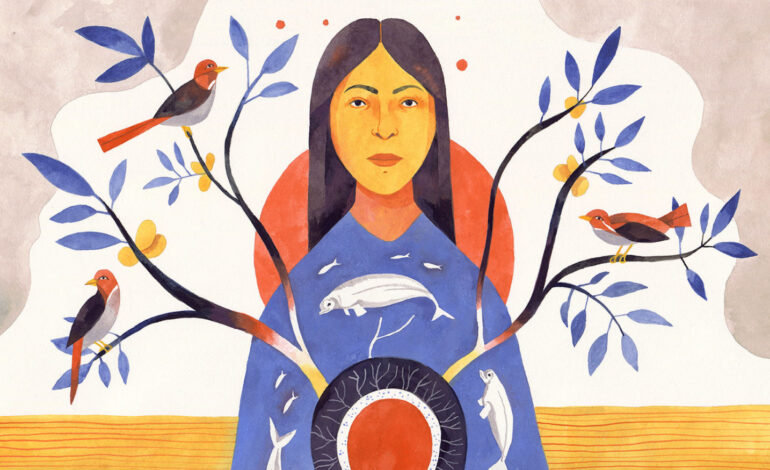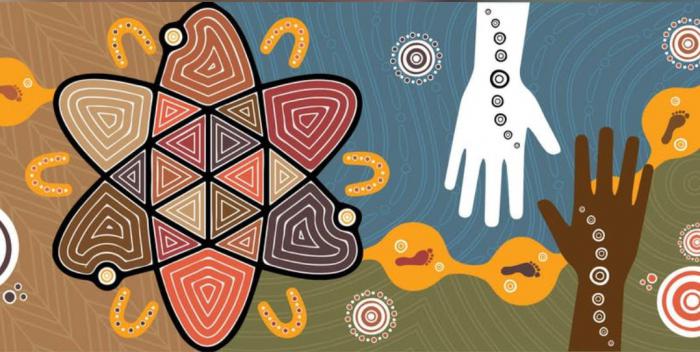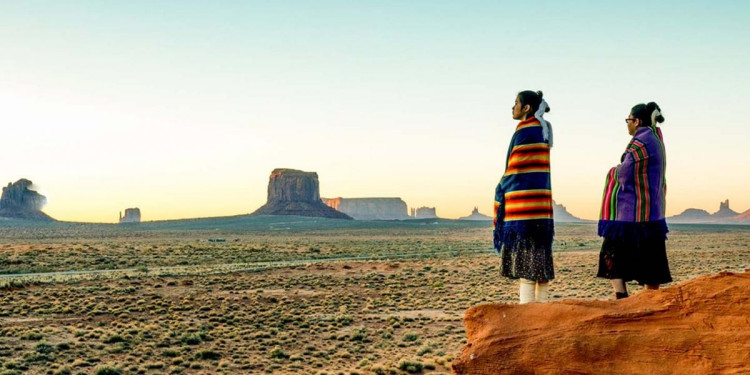
Indigenous knowledge, often referred to as traditional ecological knowledge or local knowledge, is the body of knowledge, practices, and beliefs developed and maintained by indigenous communities over generations. This knowledge is deeply rooted in the cultural, spiritual, and environmental context of these communities. It encompasses a wide range of subjects, from resource management and agriculture to medicine, storytelling, and spirituality.
Key aspects of indigenous knowledge and wisdom include:
Holistic Understanding
When you think about Indigenous knowledge, the first thing that comes to mind is probably not its holistic nature. But it’s true: Indigenous knowledge considers all living things and the environment as interconnected, and looks at relationships between plants, animals, ecosystems, and humans.

This isn’t a new idea—it’s what we’ve been doing for thousands of years. Indigenous peoples have always understood that everything is connected. We use this knowledge to help us make decisions about our lives and our communities. For example, when we’re thinking about how to manage our land or water, we take into account how it will affect all living things in that area as well as future generations who may live there after us.
Oral Tradition
When you think of indigenous knowledge, what do you picture? Most likely, you imagine it being passed down from one generation to the next, from parent to child. And that’s true—indigenous knowledge is often passed down orally through storytelling, songs, and rituals. This dynamic mode of transmission helps preserve cultural heritage and allows for the adaptation of knowledge to changing circumstances.
For example, an elder might paint a picture to convey an important lesson or idea to a younger person in the community. In some cases, this artwork may even serve as a kind of teaching tool—like when a young child sees an image reflecting his or her own experience reflected back at them in an artistic form. This way of learning through art can be especially useful in situations where language barriers prevent people from communicating effectively with each other.
Environmental Stewardship
Indigenous communities have developed sustainable practices for using and managing natural resources. These practices are informed by a deep understanding of local ecosystems and the need to maintain ecological balance.
These indigenous practices are often based on an intimate understanding of the needs of individual species, which can differ widely in their requirements and how they interact with other species in a particular environment. For example, some fish require clear waters while others thrive in turbid waters; some use sunlight to hunt while others rely on bioluminescence.
Indigenous people have learned how to manage these differing needs by using careful observation and experimentation, trial and error, or oral traditions passed down through generations. This knowledge is often passed down from one generation to another through stories that help children understand the importance of maintaining balance within ecosystems.
Spirituality and Ethics
Indigenous knowledge often includes spiritual beliefs and ethical guidelines for living in harmony with the natural world. These beliefs shape how communities interact with their environment. For example, many indigenous cultures believe that humans have a sacred relationship with the Earth and all aspects of nature. This spiritual connection guides them to treat the land and other species with respect and care.
In some areas, indigenous peoples live as hunter-gatherers who rely on their knowledge of plants and animals to survive. They use this knowledge to manage their resources responsibly so they can continue living sustainably without harming the environment or depleting resources needed by future generations.
Intergenerational Learning
Intergenerational learning is a vital part of keeping the culture alive, as it allows younger people to learn from those who have lived their entire lives with their culture. The elders are able to pass down their knowledge in an oral tradition, which allows them to preserve the stories, songs, and practices that they grew up with.
The importance of intergenerational learning is especially evident when it comes to language preservation. Many languages around the world are being lost due to globalization and assimilation into larger cultures. When we lose our languages, we also lose our history and traditions—and this is why it’s so important for us to keep them alive!
Respect for Diversity

Indigenous knowledge systems vary widely across different communities and regions. Each community’s knowledge is adapted to its unique circumstances and cultural heritage.
For example, in the Northern Territory of Australia, Indigenous groups use fire to manage their homelands. They burn sections of land at different times of the year so that certain plants will grow best and certain animals can find food more easily. This helps ensure a healthy ecosystem for both plants and animals.
Indigenous knowledge is increasingly recognized as valuable in various fields, including environmental conservation, sustainable development, and climate change adaptation. Collaborative efforts between indigenous communities, researchers, and policymakers are essential to bridge the gap between traditional knowledge and modern science, fostering a more comprehensive approach to addressing global challenges.
As such, it is important for scientists to consider traditional knowledge when conducting research on environmental issues affecting indigenous communities. This will help improve the effectiveness of conservation efforts by taking into account the particular needs and challenges faced by these people.
RUCHI RATHOR Founder & CEO
Payomatix Technologies Pvt. Ltd.
FOUNDER AND INVESTOR | PAYMENTS PROCESSING EXPERT | MERCHANT ACCOUNT SOLUTIONS | WHITE LABELLED PAYMENT GATEWAY | Dreamer, Creator, Achiever, Constantly Evolving
Website Ruchi Rathor: https://ruchirathor.com
Website Healing Heart https://thehealingheart.me/
Instagram https://www.instagram.com/ruchirathor/
LinkedIn https://www.linkedin.com/in/ruchirathor12/
Facebook https://www.facebook.com/ruchi.rathor.magnificient
Tumblr https://www.tumblr.com/blog/ruchirathor-thehealingheart
Medium https://medium.com/@ruchirathor_23436









